In 2023, China’s electric vehicles will occupy 70% of Thailand’s market
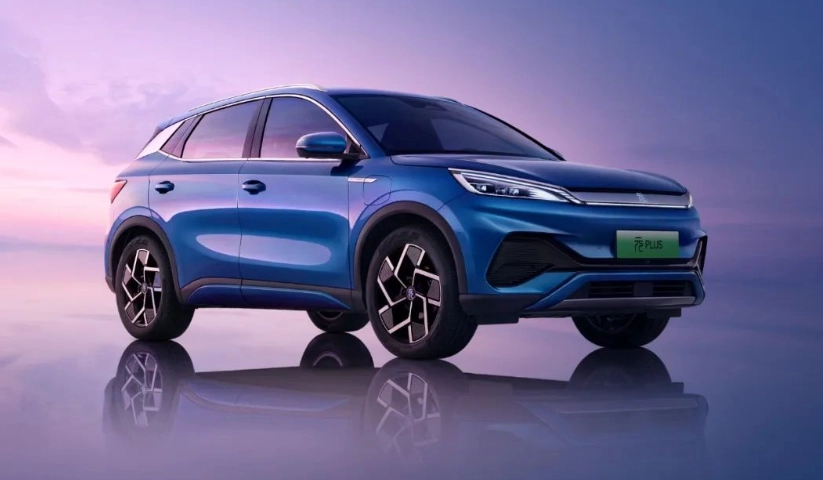
Chinese electric vehicles
The media said that Chinese electric vehicles accounted for 70% of Thailand’s market, and Toyota’s main model only sold 2 vehicles in a single month.
News on June 14, according to the “Nikkei Chinese Network” report, Chinese electric vehicle (EV) manufacturers are launching a fierce offensive in Thailand, but the presence of Japanese manufacturers is weak.
According to statistics from Thailand’s AutoLife, in March 2023, BYD will monopolize 39% of Thailand’s EV market, Tesla will rank second with 24%, SAIC (15%), NETA (11%) and Great Wall Motors (3%) ) ranked 3rd to 5th respectively, and the overall share of Chinese brands has reached about 70%.
The report pointed out that the sales of electric vehicles in Thailand reached 6,262 in March, an increase of 9.7 times that of the same period last year, of which BYD’s ATTO 3 (overseas version of Yuan PLUS) accounted for nearly 40% of the share.
The model, which will go on sale in Thailand from November 2022, quickly surpassed other models to take the top spot.
Tesla of the United States will officially go on sale in Thailand from 2023.
The sales volume of the main model “Model Y” in March was 1,034, second only to BYD’s ATTO 3.
It is reported that Japanese auto giants account for 80% of Thailand’s overall new car sales.
Under such circumstances, Japanese auto giants need to figure out how to face Chinese companies that have consolidated their positions as pioneers.
In addition to BYD, SAIC also announced in May that it will establish a joint venture with Thailand’s largest consortium, CP Group, to sell pure electric vehicles in Thailand under the Morris Garages (MG) brand.
SAIC is one of the earliest EV manufacturers to enter the Thai market, and has delivered 10,000 electric vehicles in Thailand so far.
Changan Automobile also previously announced that it will invest 9.8 billion baht (currently about 2.026 billion RMB) in Thailand to establish an electric vehicle factory with an annual output of 100,000 vehicles, and will also produce on-board batteries and other products.
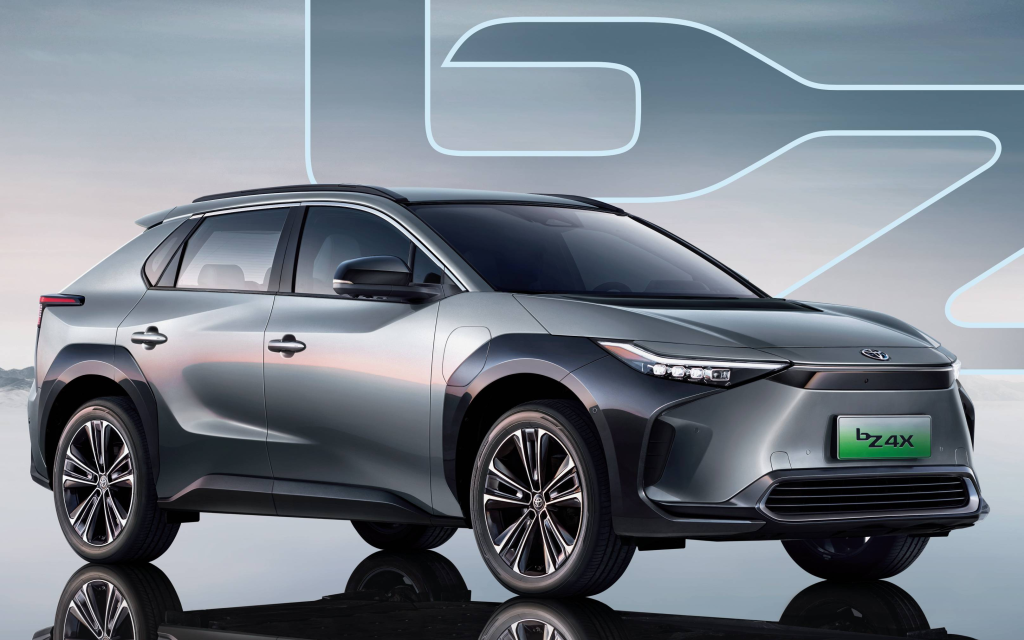
Toyota bZ4X
Compared with the crowded market of Chinese manufacturers, Japanese manufacturers seem to be a bit sparse in Thailand.
Toyota previously launched its mainstay pure electric car, the bZ4X, in Thailand, but AutoLife data showed it sold only two units in March.
Another Japanese car giant, Nissan’s LEAF, sold only 6 units in Thailand in a single month.
It is worth noting that despite the dismal performance in the EV market, Japanese cars account for 80% of Thailand’s overall new car sales.
For this phenomenon, Japanese media analysis believes that it is related to multiple factors.
The Thai government will pay a sales subsidy of up to 150,000 baht (currently about 31,000 RMB) for each electric vehicle on the condition of localized production from 2022, while the excise tax on passenger cars has been reduced from 8% to 2% , Pickup trucks are even more tax-free.
These measures have made the relatively cheap Chinese EVs no longer have a price gap with fuel vehicles.
On the other hand, China and Thailand have a profound traditional friendship, and there are a large number of overseas Chinese consortiums in Thailand, which allows Chinese EV manufacturers to enter the Thai market very early and conveniently.
In addition to BYD, SAIC and Changan mentioned above, Great Wall Motors also acquired the Thai factory of General Motors in 2020, and proposed a plan to invest 22.6 billion baht (currently about 4.673 billion RMB) for reconstruction. Start localized production in 2019.
After entering 2023, Chinese automakers have accelerated their deployment in the Southeast Asian market.
In the electric vehicle camp, they have even seized most of the local market share.
Regarding the continuous expansion of Chinese manufacturers, the Japanese media finally pointed out that Japanese manufacturers should first clarify their coping strategies before launching long-term competition with Chinese manufacturers who are pioneers and leaders in the Thai market.



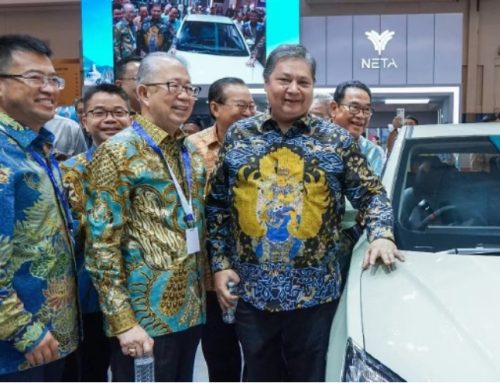
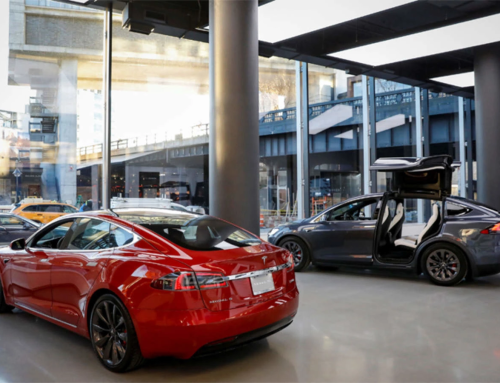
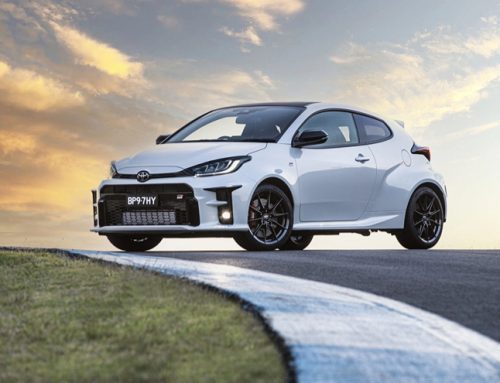
Leave A Comment